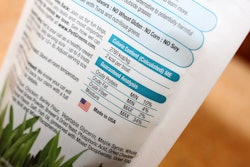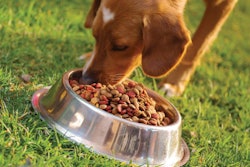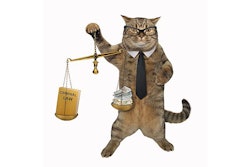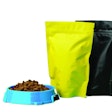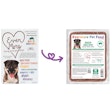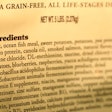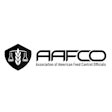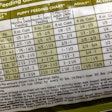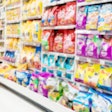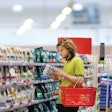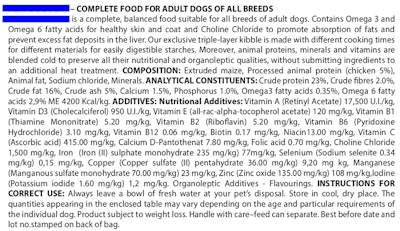
Nearly 270 representatives of European pet food companies said EU pet food labeling regulation 767/2009, enacted 10 years ago, has not met its intended goals or been effective, according to Paola Cane, Ph.D., regulatory expert and CEO of Mia Solution. She presented survey data during Petfood Forum Europe 2019 on June 13 in Cologne, Germany.
Regulation rated poor at increasing pet food competition
Cane said the regulation, intended to modernize pet food labels in Europe, was developed with explicit objectives to:
- Achieve legal clarity and information transparency;
- Simplify technical requirements and remove unnecessary administrative burden;
- Increase competitiveness of the EU pet food sector;
- Facilitate smooth functioning of the internal market;
- Encourage innovation and quality-relevant marketing;
- Enable consumers to make informed choices without being misled.
The survey, conducted by her company, had 269 respondents, mainly fulfilling sales, marketing or research and development functions at European pet food manufacturers or brand owners. Results showed that in their experience, EU 767/2009 has not been effective at meeting any of those objectives; none were rated “excellent,” with most being rated “poor.” The regulation’s effectiveness at meeting the goal of increasing competitiveness in the EU pet food market had the highest level of poor ratings.
Further, 86% of respondents said the regulation had impacted their companies’ costs “a lot.” On the other end, 14% said “not at all,” which has led Cane to believe those companies are not even bothering to comply with the law.
She added that a major problem with the regulation is the section about voluntary pet food labeling, which is unclear and too open to interpretation. Indeed, 64% of survey respondents said clarity of components in the law related to voluntary labeling and claims was very low or not sufficient. Conversely, 72% said the sections on compulsory labeling were sufficient or good.
Next steps to improve pet food labeling regulation
Survey respondents said another issue was a lack of industry collaboration with sanitary authorities and institutions. Besides addressing that to improve the law, Cane also recommended that EU authorities and the industry need to adopt a compulsory feed material catalogue, compulsory guidelines and good labeling practices and a positive list of health and nutritional claims, similar to one used in human food in Europe.
Petfood Forum Europe 2019 drew 250 pet food professionals from throughout Europe and the world to hear the latest research and expert insights on brand loyalty, direct-to-consumer business, social media, sustainability in pet food and novel and encapsulated ingredients. It was held in conjunction with Victam International 2019.



